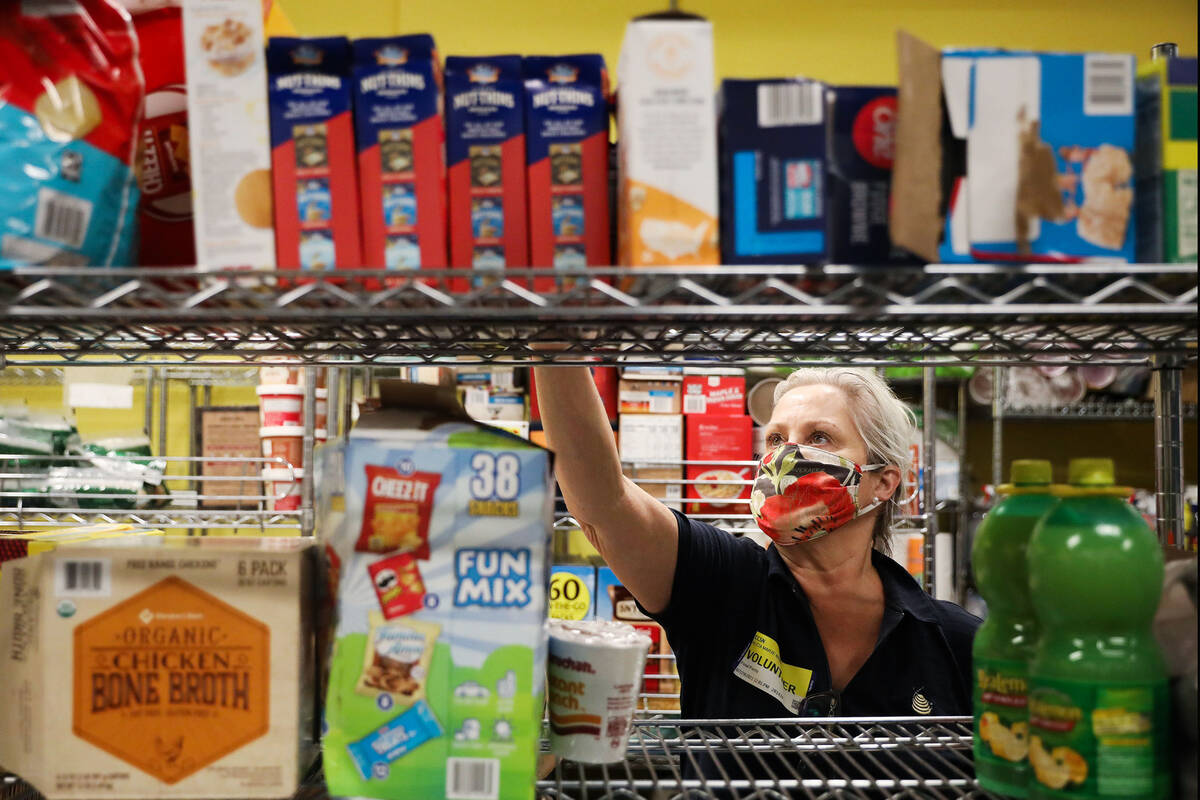COMMENTARY: Celebrating America’s better angels on National Philanthropy Day
In his inaugural address on January 20, 1961, President John F. Kennedy called on his fellow Americans to “ask not what your country can do for you — ask what you can do for your country.”
Kennedy’s words embraced America’s better angels: the philanthropic spirit we celebrate Nov. 15, National Philanthropy Day. They were a far cry from what we heard in the recent presidential campaign in which both candidates sought support by offering voters “free” giveaways.
The word philanthropist literally means “lover of humanity.” From the beginning, the American experiment has depended on philanthropy. The Pilgrims famously began the Plymouth Colony based on a forced sharing of goods. After a few years, they realized that voluntary cooperation was more powerful — and effective. The first Thanksgiving dinner celebrated the rewards that come from such voluntary cooperation.
The Revolutionaries were no different. The Declaration of Independence concludes with: “And for the support of this declaration, with a firm reliance on the protection of Divine Providence, we mutually pledge to each other our lives, our fortunes, and our sacred honor.”
It is easy to dismiss this as hyperbole. Of the 56 signers of the Declaration, five were captured, declared traitors, tortured and killed. Nine died in battle or from wounds.
They were equally generous in sacrificing their property as well. One, Virginia’s Thomas Nelson Jr., asked George Washington to bombard his house during the battle of Yorktown. (It had been seized by the British and was being used as Gen. Charles Cornwallis’s headquarters.) Nelson’s house was destroyed, and he died bankrupt. Several other Declaration of Independence signers also lost their possessions and ended their lives in poverty.
For more than 100 years after the Revolutionary War, philanthropy was essential to the growth and flourishing of the new country. As David Beito, professor emeritus at the University of Alabama, documented in “From Mutual Aid to the Welfare State,” until Woodrow Wilson and the expansion of Progressivism, a widely diffuse group of secular, philanthropically grounded private organizations provided the American people with everything from fire protection to health insurance and financial support for the elderly and the infirm. They did so effectively. This contrasted sharply with Europe, where the ever-growing government provided social services first by large, centralized churches and later, starting in the 19th century in Germany.
America’s voluntary efforts were more flexible and effective than Europe’s centralized welfare, a necessity as the United States expanded rapidly. The government couldn’t keep up.
By any standard, philanthropy plays an outsized role in American life. Last year, American individuals, corporations and foundations donated more than $557 billion to charity, according to the Giving USA Foundation’s annual report on philanthropy (researched and written by Indiana University’s Lilly Family School of Philanthropy at IU Indianapolis).
Many Americans give not only their money but their time — as we see daily in communities from coast to coast. When disaster strikes, as with recent hurricanes, they step up in droves, manning food lines, performing heroic rooftop rescues, and rebuilding bridges and roads. The Cajun Navy is not a mirage.
Participating in voluntary organizations provides benefits not only to those on the receiving end of such philanthropy but also on the giving end. In fact, volunteers often benefit as much or more than those they are serving.
Society benefits as well. When we work side by side on tangible problems, it often becomes clear that the partisan ideology that divides us in national political debates is less relevant to our actual lives than the TV talking heads and social media screamers imply.
However, there are warning signs. According to the Bureau of Labor Statistics, volunteering has declined by 28 percent in the past decade. COVID lockdowns undoubtedly played a role in this.
Now that the election is in the rear-view mirror, perhaps we can replace the divisiveness of partisan politics with a renewed interest in “loving humanity.”
Frederic J. Fransen is president of Huntington Junior College in West Virginia and CEO of Certell Inc. He wrote this for InsideSources.com.

















